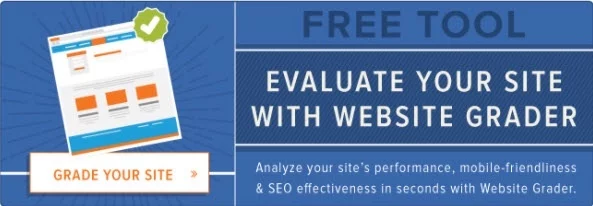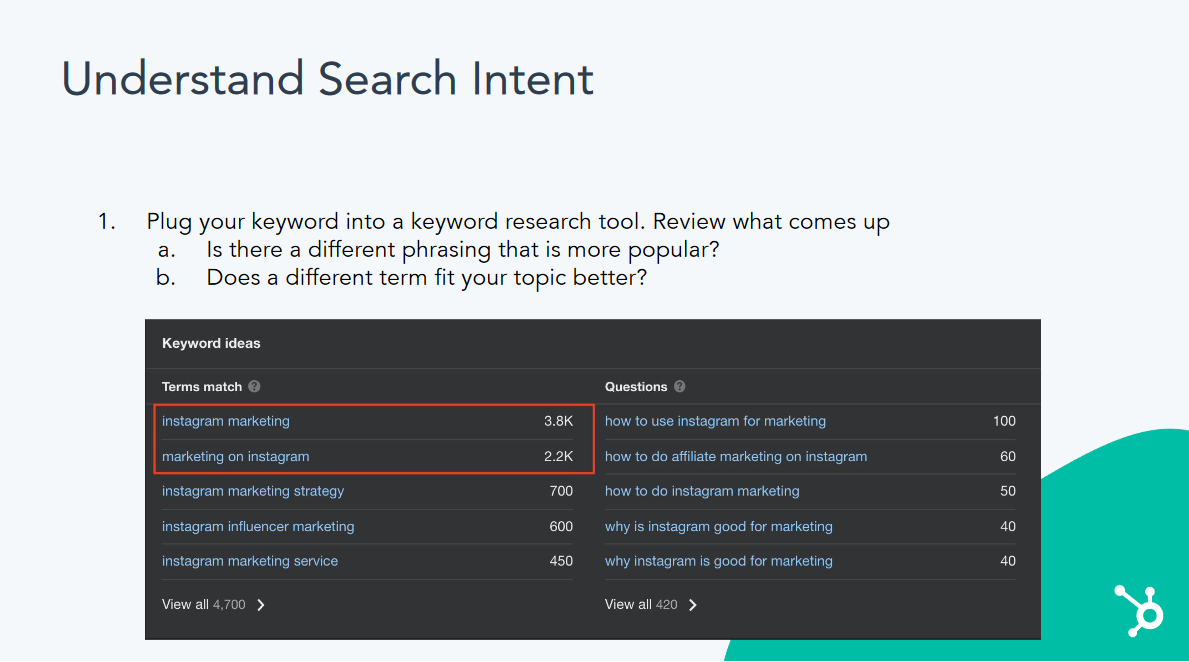The Secrets of Keyword Research: The Ultimate Guide to Boosting SEO
- Home
- The Secrets of Keyword Research: The Ultimate Guide to Boosting SEO
Keyword research is the process of finding and analyzing the words and phrases that people use when searching for information online. It is an essential part of search engine optimisation (SEO) because it helps you understand what people are looking for and how you can help them find it.
By understanding the keywords that people use to search for products and services like yours, you can create content that is more relevant and more likely to rank well in search engine results.
Keyword Research Summary
- Keyword research is the process of finding and analyzing the words and phrases that people use when searching for information online.
- It is an essential part of search engine optimization (SEO) as it helps understand what people are looking for and how you can help them find it.
- By understanding the keywords that people use to search for products and services like yours, you can create content that is more relevant and more likely to rank well in search engine results.
- There are several tools and techniques that you can use to find the right keywords, including brainstorming, keyword research tools, and customer feedback.
- Understanding and analyzing search intent, or the goal or purpose behind a search query, can also help you create content that is more relevant and useful to the person searching.
- Once you have identified a list of potential keywords, it is important to compare and prioritise them to determine which ones are worth targeting. Factors to consider include search volume, competition, and relevance.
- SEO is the practice of optimising a website to improve its visibility and ranking in search engine results pages (SERPs) it is important for businesses and individuals who want to be found online and increase their reach.
- Google, being the most popular search engine, uses algorithms to crawl the web and find pages that are relevant to the search query, it ranks content based on relevance and authority, which are the relevance of a webpage to the keywords used in the search query and the measure of the quality, trust and brand reputation of a website.
There are several tools and techniques that you can use to find the right keywords, including brainstorming, keyword research tools, and customer feedback. Understanding and analysing search intent, or the goal or purpose behind a search query, can also help you create content that is more relevant and useful to the person searching.
Once you have identified a list of potential keywords, it is important to compare and prioritise them to determine which ones are worth targeting. Factors to consider when comparing and prioritising keyword opportunities include search volume, competition, and relevance.
Who/what/when/why of SEO:
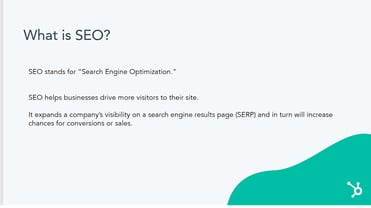 SEO is the practice of optimising a website to improve its visibility and ranking in search engine results pages (SERPs). It is important for businesses and individuals who want to be found online and increase their reach. SEO is relevant to anyone who has a website or online presence, including businesses, bloggers, and individuals. It is a constantly evolving field, and it is important to stay up-to-date with the latest best practices.
SEO is the practice of optimising a website to improve its visibility and ranking in search engine results pages (SERPs). It is important for businesses and individuals who want to be found online and increase their reach. SEO is relevant to anyone who has a website or online presence, including businesses, bloggers, and individuals. It is a constantly evolving field, and it is important to stay up-to-date with the latest best practices.
Why is SEO Important
Optimising your website through search engine optimisation (SEO) can help you in several ways:
- Increase visibility: By optimising your website for relevant keywords and phrases, you can improve its visibility in search engine results pages (SERPs). This means that your website will be more likely to be seen by potential customers when they search for products or services like yours.
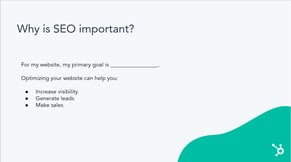
- Generate leads: By attracting qualified traffic to your website, you can generate leads for your business. This can involve capturing contact information from visitors, such as their email addresses or phone numbers so that you can follow up with them and potentially convert them into customers.
- Make sales: By attracting qualified traffic and generating leads, you can also increase the likelihood of making sales. If you have a well-optimised website that is easy to use and provides a good user experience, you are more likely to convert visitors into customers.
Overall, optimising your website through SEO can help you increase your online presence, attract qualified traffic, generate leads, and make sales.
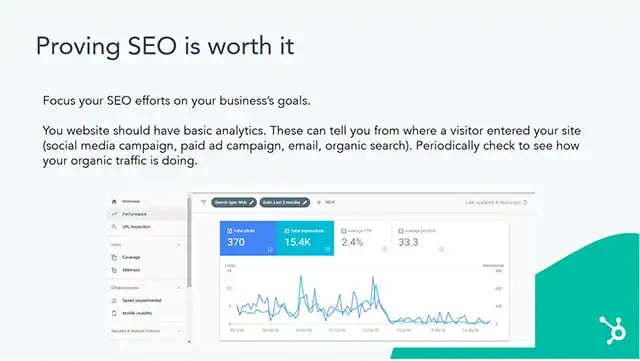
How Google Works:
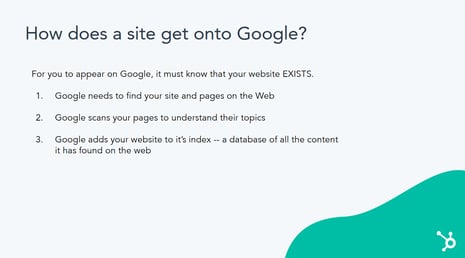 Google is the most popular search engine and is used by millions of people every day. When someone searches for something on Google, the search engine uses algorithms to crawl the web and find pages that are relevant to the search query. It then ranks these pages based on their relevance and the quality of their content. To rank well in search results, it is important to understand how Google works and what it is looking for in a webpage.
Google is the most popular search engine and is used by millions of people every day. When someone searches for something on Google, the search engine uses algorithms to crawl the web and find pages that are relevant to the search query. It then ranks these pages based on their relevance and the quality of their content. To rank well in search results, it is important to understand how Google works and what it is looking for in a webpage.
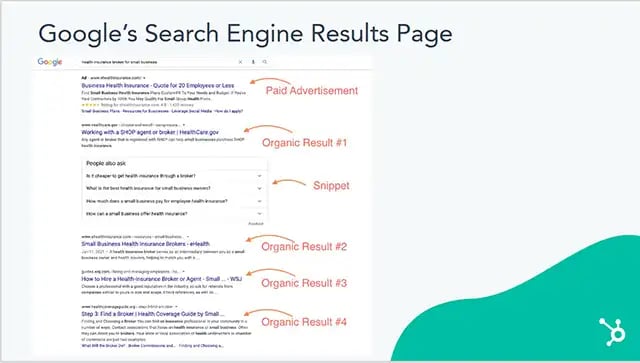
How does Google rank content?
Google ranks content based on several factors, including relevance and authority. Here is a more detailed explanation of these factors:
- Relevance: Google ranks content based on how relevant it is to the search query. This means that if someone searches for a specific term or phrase, Google will try to show them results that are most closely related to what they are looking for. To rank well for relevant keywords, it is important to create content that is specific and targeted towards those keywords. It is also important to make sure that your website is easy to navigate and provides a good user experience.
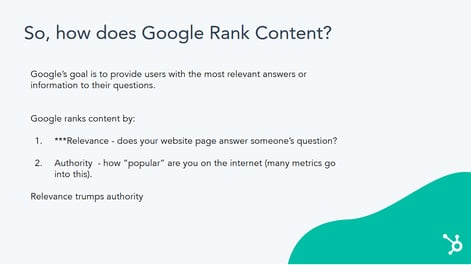
- Authority: Google also takes into account the authority of a website when ranking content. Authority is a measure of how "popular" or trustworthy a website is. There are several factors that go into determining a website's authority, including the quality and number of backlinks pointing to the website, the age of the domain, and the overall quality and relevance of the content on the website.
Relevance trumps authority: While both relevance and authority are important factors in ranking well in search results, relevance is generally more important. This means that if you have a highly relevant website but low authority, you may still rank well in search results. On the other hand, if you have a highly authoritative website but low relevance, you may not rank as well. It is therefore important to focus on creating relevant, high-quality content to rank well in search results.
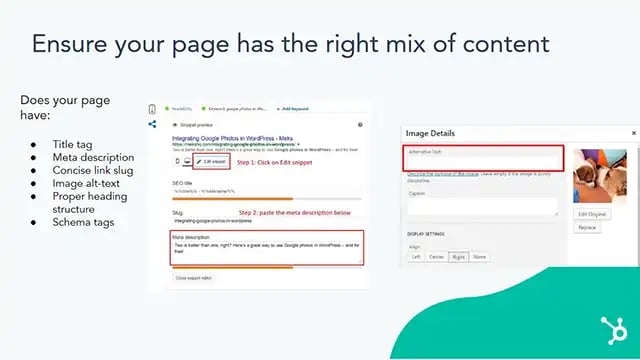
Finding the right keywords:
When it comes to keyword research, the first step is to identify the keywords and phrases that are relevant to your business or website. There are several tools and techniques that you can use to find the right keywords, including:
- Brainstorming: This involves coming up with a list of keywords and phrases that are related to your business or website.
- Keyword research tools: There are a number of free and paid tools that you can use to find relevant keywords, such as Google's Keyword Planner or Ahrefs. These tools allow you to see how often certain keywords are searched for and how much competition there is for those keywords.
- Customer feedback: Talking to your customers and asking them what words and phrases they use when searching for products or services like yours can also be a useful way to find relevant keywords.
Using free and paid SEO tools:
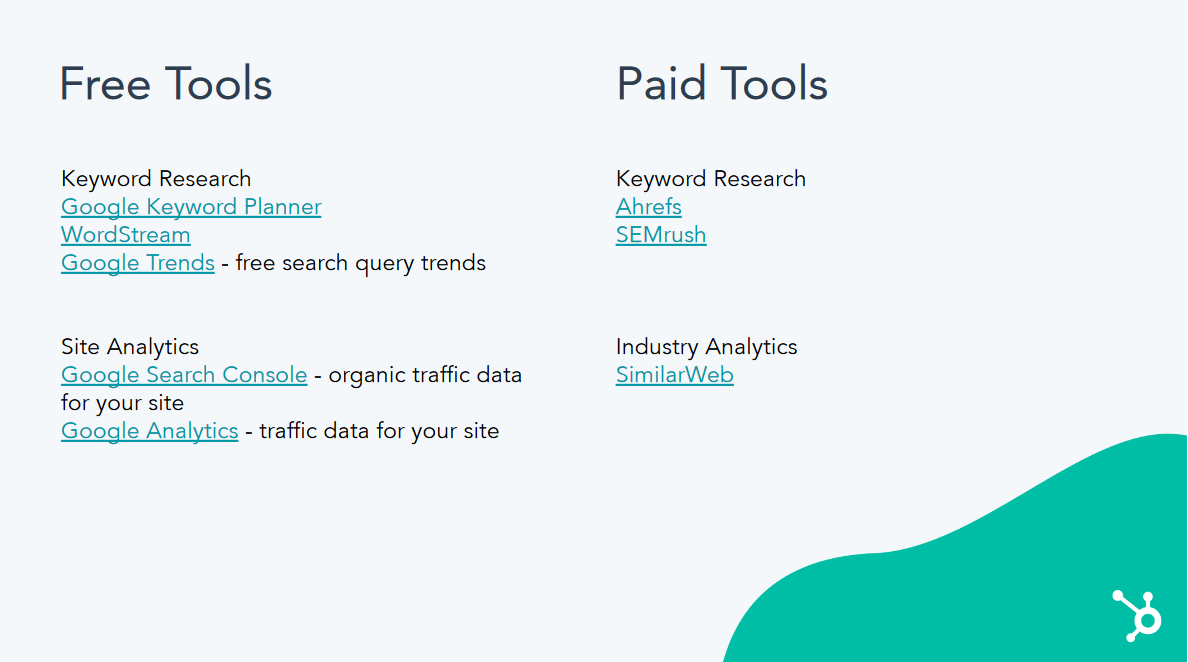
There are a number of tools that you can use to help with your keyword research and SEO efforts. Some of these tools are free, while others require a paid subscription. Some popular tools include:
- Google's Keyword Planner: This is a free tool that is part of the Google Ads platform. It allows you to see how often certain keywords are searched for and how much competition there is for those keywords.
- Ahrefs: This is a paid tool that is popular with SEO professionals. It offers a range of features, including keyword research, backlink analysis, and content analysis.
- SEMrush: This is another paid tool that is popular with SEO professionals. It offers a range of features, including keyword research, site audit, and competitor analysis.
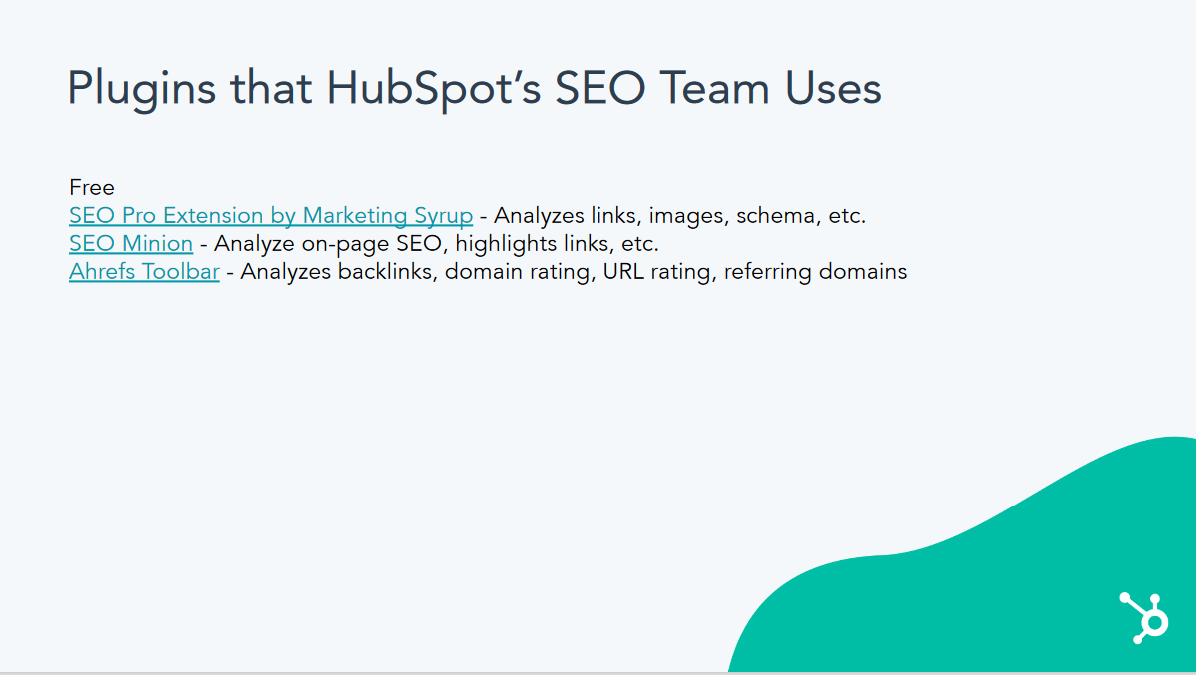
The Funnel
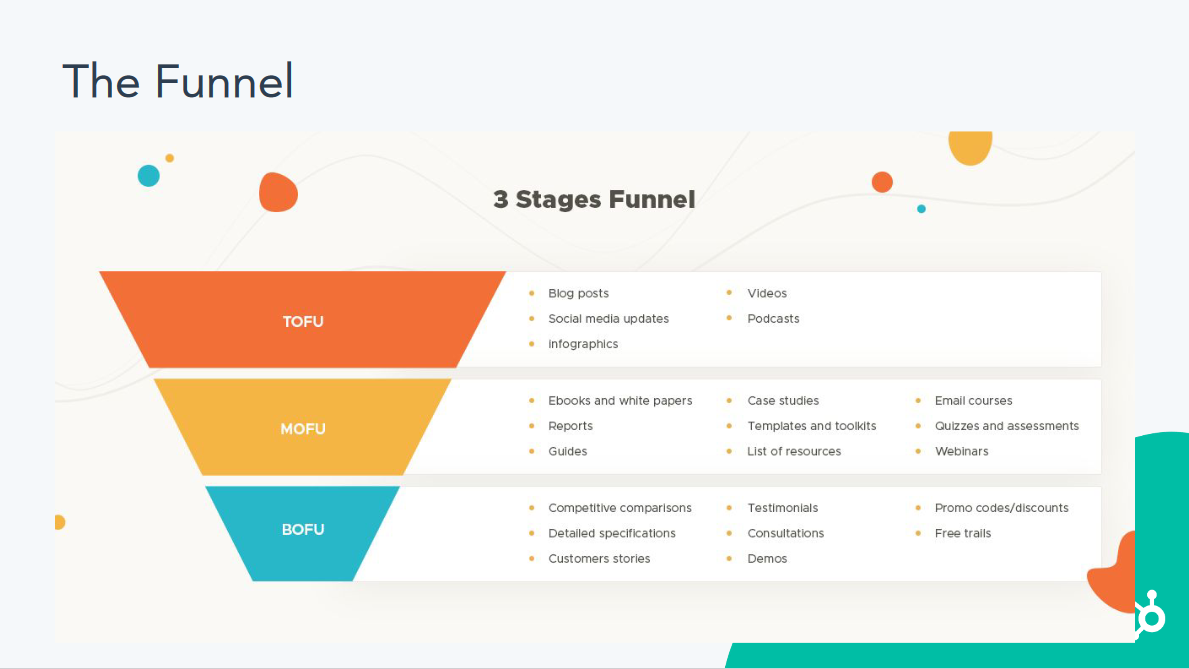
Start with your Products
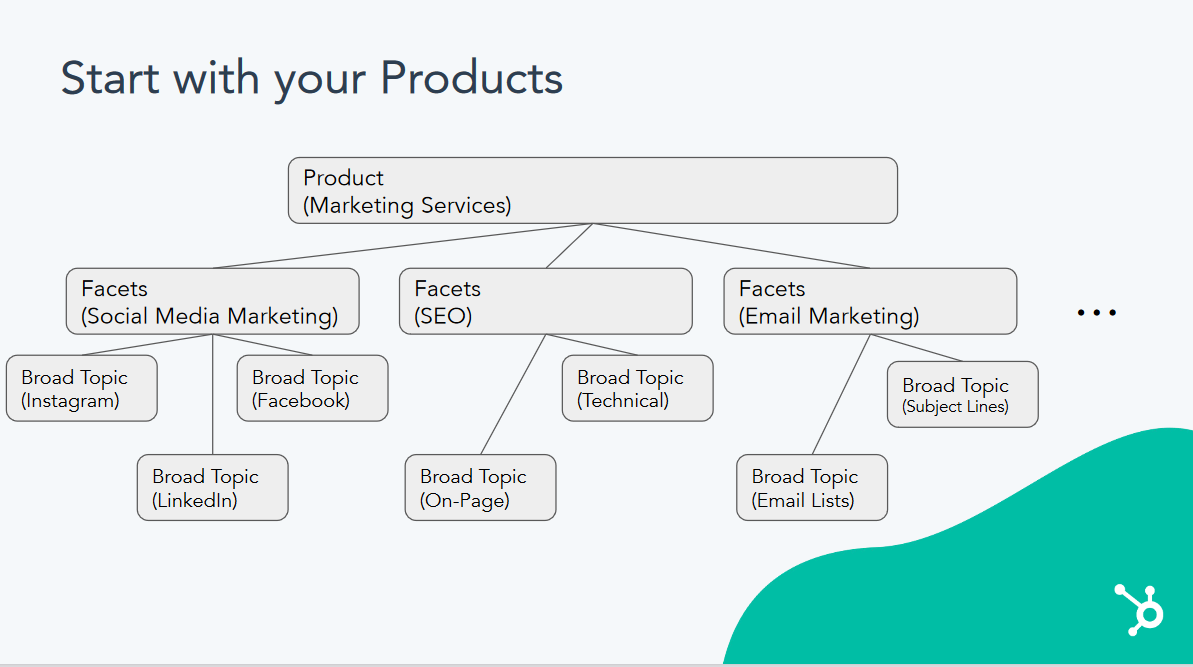
Use a Keyword Research Tool to Plan Content
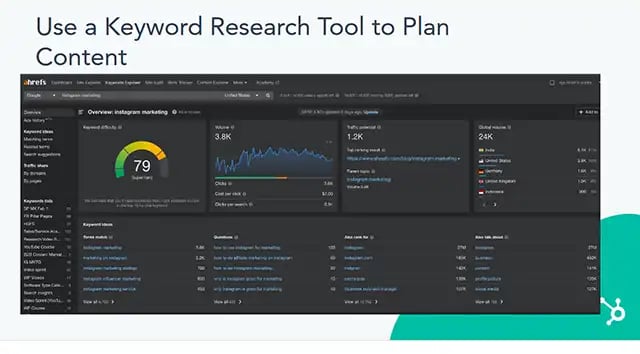
Ahrefs is a popular keyword research tool that can help you plan content for your website. Here is a brief overview of how you can use Ahrefs to plan content:
- Identify relevant keywords: The first step in using Ahrefs to plan content is to identify relevant keywords and phrases that people are searching for. Ahrefs has several features that can help you find these keywords, including the Keywords Explorer tool, which allows you to see the search volume and competition for different keywords.
- Analyse the competition: Once you have identified a list of relevant keywords, you can use Ahrefs to analyse the competition for those keywords. This can help you understand how difficult it will be to rank well for those keywords and whether it is worth targeting them.
- Determine search intent: Ahrefs can also help you understand the search intent behind different keywords and phrases. This can help you create content that is more relevant and useful to the person searching.
- Plan your content: Once you have identified relevant keywords and analysed the competition and search intent, you can use this information to plan your content. This can involve creating a content calendar that outlines the topics and keywords you will be targeting and the dates on which you will publish this content.
Overall, Ahrefs is a powerful tool that can help you plan and execute an effective keyword research and content marketing strategy.
Understanding and analyzing search intent:
When someone searches for something on Google, they have a particular intent or goal in mind. Understanding the intent behind a search query is important because it helps you create content that is more relevant and useful to the person searching. There are a few different types of search intent, including:
- Informational: This is when someone is looking for information on a specific topic. For example, someone might search for "how to bake a cake" if they want to learn how to bake a cake.
- Navigational: This is when someone is looking for a specific website or page. For example, someone might search for "Facebook" if they want to go to the Facebook homepage.
- Transactional: This is when someone is looking to make a purchase or take some other specific action. For example, someone might search for "buy running shoes" if they are looking to buy a pair of running shoes.
Understanding and analysing search intent can help you create content that is more relevant and useful to the person doing the search, which can improve your chances of ranking well in search results.
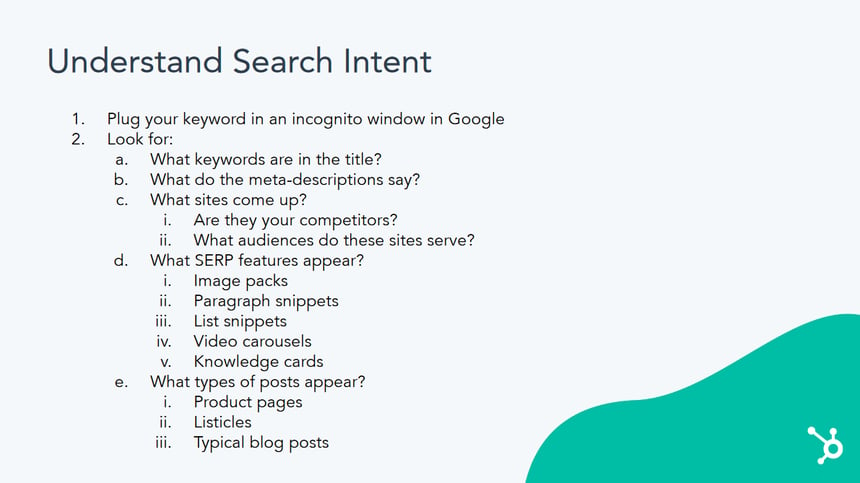
Comparing and prioritizing keyword opportunities:
Once you have identified a list of potential keywords, it is important to compare and prioritise them in order to determine which ones are worth targeting. There are a few factors to consider when comparing and prioritising keyword opportunities, including:
- Search volume: This is the number of times a particular keyword is searched for on a monthly basis. Keywords with higher search volumes are generally more competitive, but they also have the potential to drive more traffic to your website.
- Competition: This is the number of other websites that are targeting the same keyword. Keywords with high competition may be more difficult to rank for, but they can also be more valuable if you are able to rank well for them.
- Relevance: It is important to choose keywords that are relevant to your business or website. Targeting irrelevant keywords may bring in some traffic, but it is likely to be low quality and may not lead to conversions.
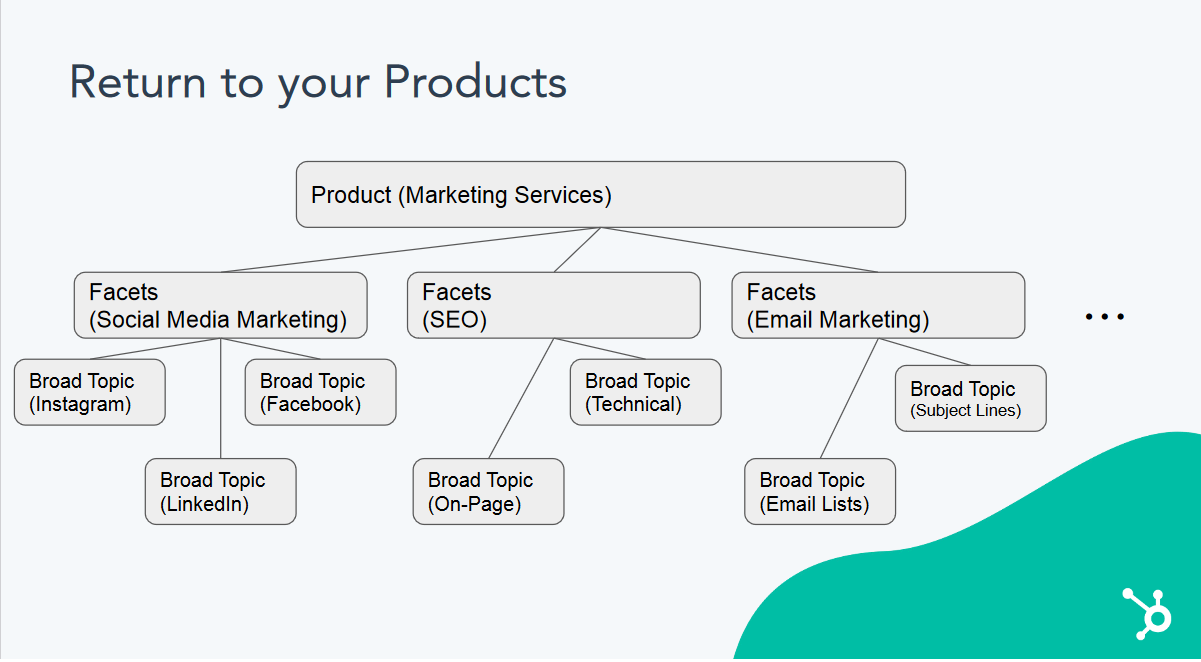
Recommendations:
Here are a few recommendations and resources:
- Make sure your site uses SSL
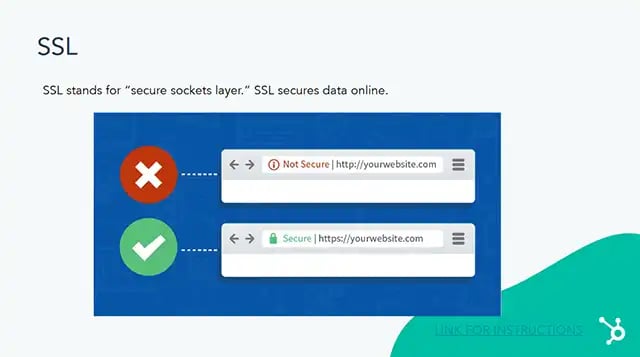
- Connect your site to Google Search Console
.webp?width=640&height=356&name=google%20search%20console%20(GSC).webp)
- Follow the proper Heading Structure for your page
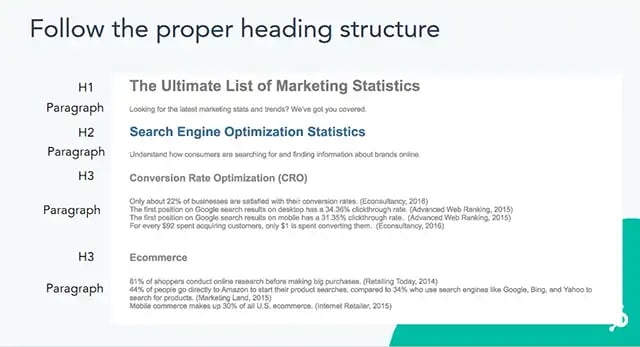
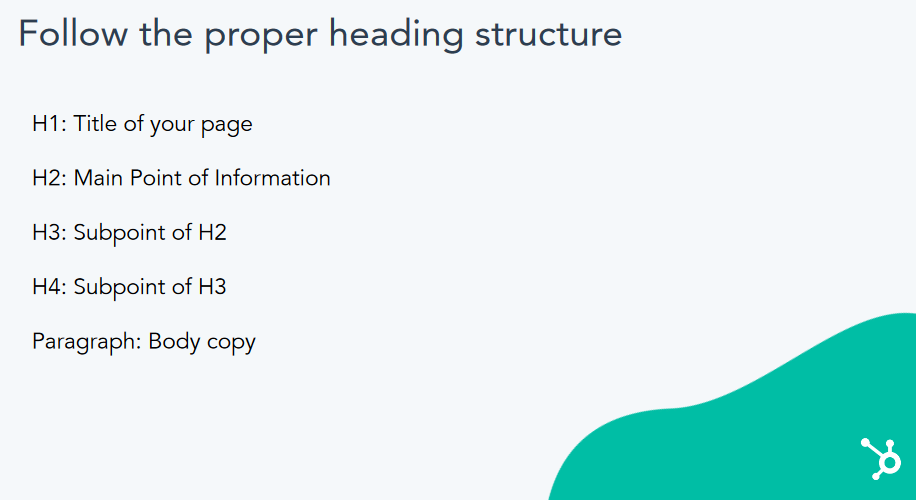
- Use Keywords on Your Pages
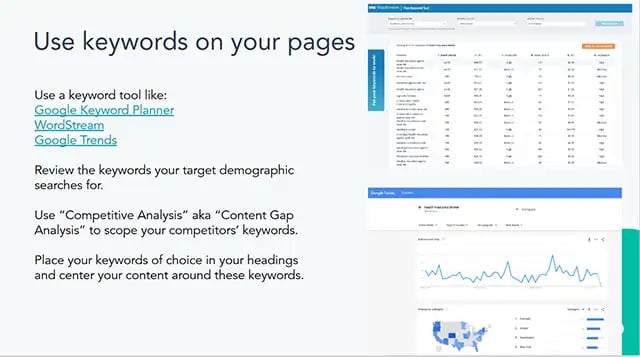
- Ensure each website page has the right content
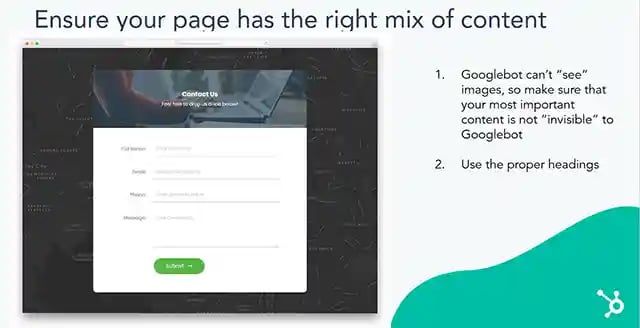
Conclusion
In summary, we have discussed the importance of keyword research in search engine optimisation (SEO). We have explained that by understanding the words and phrases that people use when searching for information online, businesses can create content that is more relevant and more likely to rank well in search engine results.
We have also identified different tools and techniques that can be used for keyword research, including brainstorming, keyword research tools, and customer feedback. Additionally, we have provided an overview of SEO and its benefits for businesses, such as increasing visibility, generating leads, and making sales.
We have discussed how Google works and how it ranks content based on relevance and authority. Overall, we have tried to emphasise the importance of understanding and utilising keywords in order to improve a website's visibility and ranking in search engine results pages.
Resources
SSL:
https://www.brafton.com/blog/distribution/how-to-convert-http-to-https-a-quick-guide/
Link Site to GSC:
https://www.protocol80.com/blog/add-website-to-google-search-console
Content Gap Analysis:
https://backlinko.com/hub/seo/content-gap
https://ahrefs.com/academy/marketing-ahrefs/lesson-2-5
Free Keyword Tools:
https://ads.google.com/home/tools/keyword-planner/
https://app.wordstream.com/
https://trends.google.com/
About SEO
https://ahrefs.com/blog/seo-basics/

